Growing up, we’ve all heard the term bankruptcy. But what does that really mean? Do you lose everything when you file for bankruptcy? Does it really ruin you like grandpa used to say? But bankruptcy is a general term. There are multiple types of bankruptcies that have different effects and outcomes. Below, we distinguish between the different types of bankruptcies that consumers and businesses can file for.
What is a Bankruptcy Chapter?
When it comes to consumer bankruptcy, Chapter 7 and Chapter 13 are the types most people think of. The Chapter of bankruptcy simply refers to the specific section in the bankruptcy code that sets out the law for that type of bankruptcy. But did you know there are bankruptcies for cities ( chapter 9); bankruptcies for foreign entities ( chapter 15); and even a specific bankruptcy for commercial farmers and fishermen. ( chapter 12). During the current economy, we all have heard about businesses going bankrupt and filing a chapter 11 bankruptcy. But Congress just passed Subchapter V chapter 11’s – these are simpler versions of chapter 11’s for small businesses who need to reorganize their debts.
What is Debt Reorganization?
What does reorganizing a debt do? Glad you asked! By reorganizing debts, a debtor is able to pay back some, or all, of their debts in a monthly payment over a set period of time. This is how chapter 13 bankruptcy works. A consumer debtor ( someone like you or I) makes a monthly payment for 3-5 years to pay back debts. At the end of that time, most debts are wiped out. You’re able to keep the property you want to keep in a chapter 13 bankruptcy.
For example, I had a client in Lucedale, MS who wanted to keep their house but they were 2 months behind on it. They did not want to keep their truck. They were upside down on it and it caused them a ton of problems needing repairs. We put them in a 5-year bankruptcy. They were able to walk away from the truck and get caught up on the mortgage. At the end of the bankruptcy, they were able to begin making their mortgage payments again and had the rest of their debts discharged, or eliminated!
Chapter 13 can also help pay back tax debt, child support arrears, pay off cars, and stop garnishments. But chapter 13 isn’t the best idea for everyone. Another client in Biloxi, MS had a car that was up to date on payments with 2 more years to go and a TON of medical debt. She could afford the car payment no problem, but the medical debts were threatening to sue her and garnish her wages. She tried to work out payment arrangements with the hospital’s lawyer, but they were too much. She finally called us and found out about chapter 7 bankruptcy. We were able to file a case for her, wipe out all of the medical debt, and allow her to reaffirm her car. Reaffirming the car allowed her to keep it, keep paying for it AND have it still report to the credit bureaus after her discharge so she could reestablish her credit! That’s a win-win for her!
Chapter 7 bankruptcy is often referred to as liquidation bankruptcy. This is because a Trustee can come in and liquidate unexempt property to be sold and pay debts. Mississippi has some really good exemptions, so most people don’t lose any property when they file a chapter 7 bankruptcy. (For more information on exemptions, see our article here).
Our attorneys prepare each case to make sure our clients have the best possible outcome under the bankruptcy code. If you might lose property, we go through all of the potential steps that could happen to help navigate you through the process before a case is even filed! Contact us today to see how we can help you!

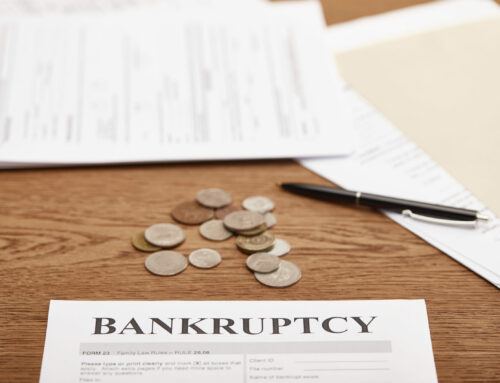
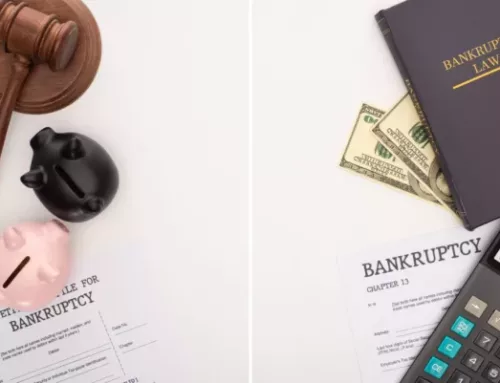
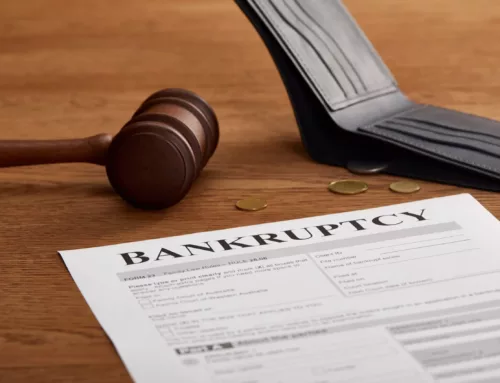
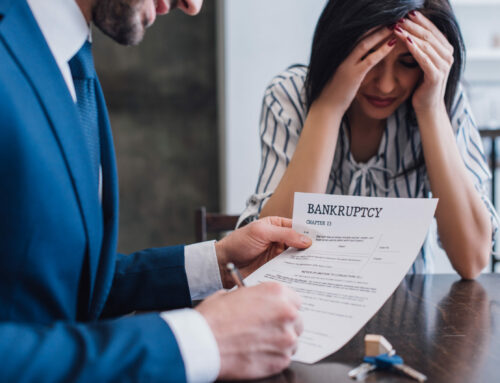
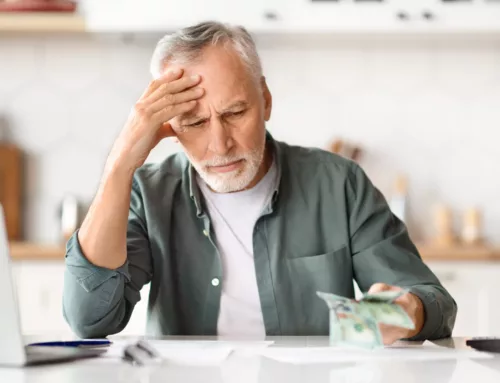
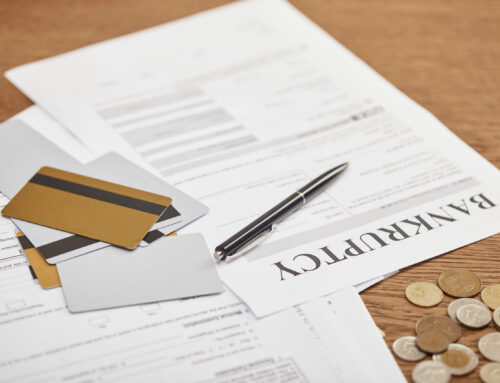

Connect with Us